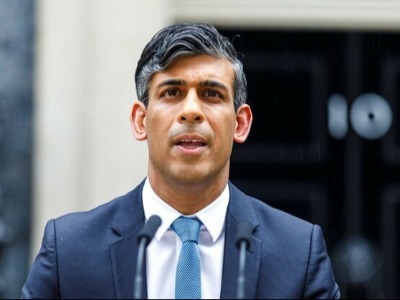#heathcare
The Ultimate Game of Broken Promises
#heathcare
The Ultimate Game of Broken Promises
Politicians, healthcare workers, and the public are in a never-ending three-way tug-of-war. Politicians promise the world, claiming they’ll fix everything, while healthcare workers are the ones stuck picking up the pieces—literally, because no one told them how to fit all those broken promises into a single hospital room. Meanwhile, the public is standing in line, waiting to see a doctor, only to realize that their appointment is scheduled for six months from now and they’ll need to sell a kidney just to afford the co-pay. Doctors and nurses are running around like they’re in a high-stakes game of Twister, trying to keep everyone alive while politicians are busy arguing over which flavor of reform sounds best on Twitter. At the end of the day, everyone just wants to be healthy, but the system is like a game of “Simon Says”—except Simon is out to lunch, and the rules keep changing.
GPs Overwhelmingly Back National Prostate Cancer Screening Programme
- Sunday, 06 April 2025

According to a poll, 94% of GPs support the Government introducing a national prostate cancer screening programme, initially targeting high-risk men. Prostate cancer is now more common than breast cancer, and experts believe bringing in screening could save hundreds of lives a year. The doctors join cancer charities and former PM Rishi Sunak in arguing that the move would be life-saving and cost-effective. Sir Keir Starmer also praised the Mail's campaign for raising awareness about this pressing health issue, noting that prostate cancer is the most diagnosed form of cancer in England with 55,033 cases identified in 2023.




















